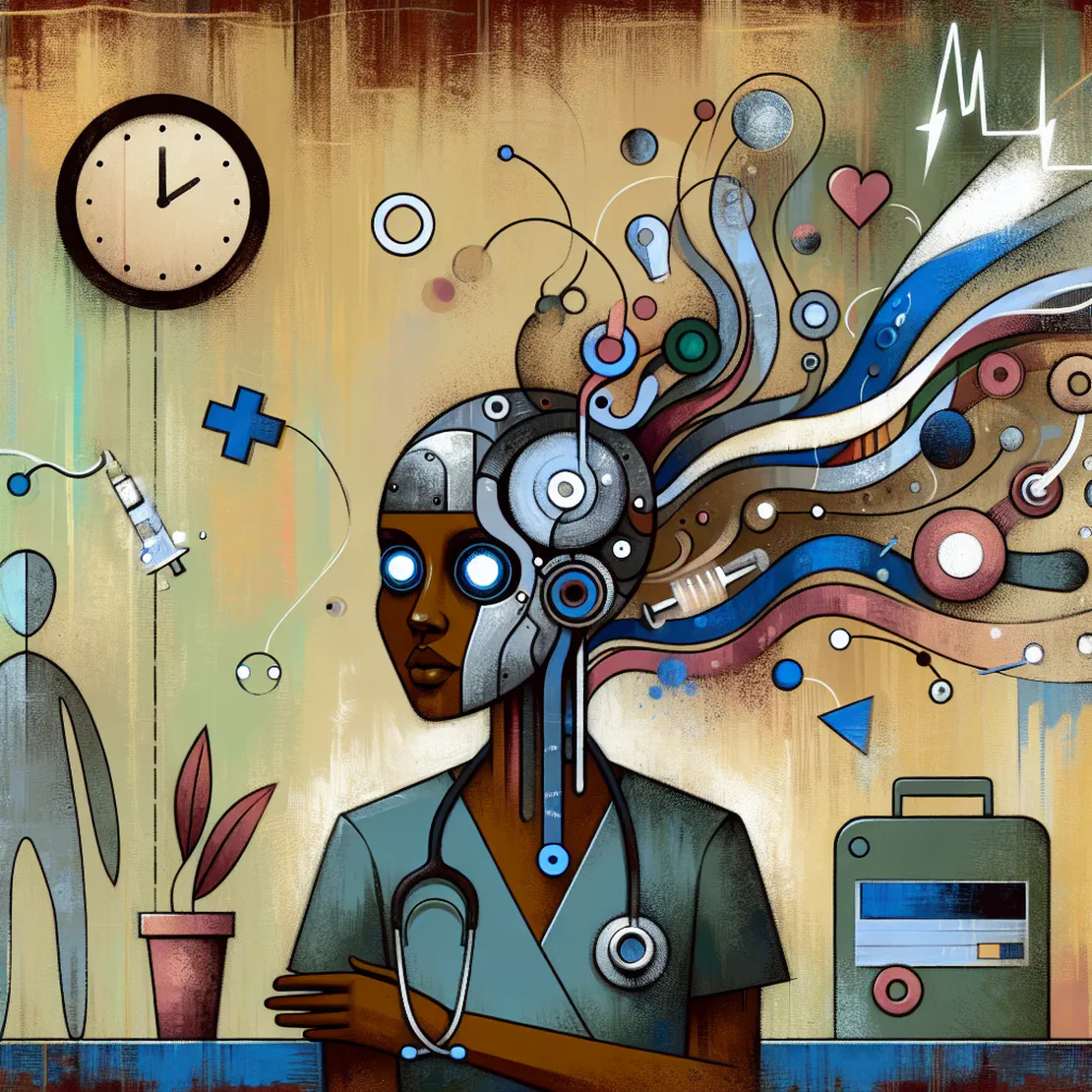
#853 - Dr Andrew Thomas - Should We Be Worried About Incel Violence?
- Modern Wisdom
- Incel , Internet , Masculinity
- October 19, 2024
Table of Contents
At a Glance
-
Discussion on Personal Growth and Vulnerability - ‘as soon as you start to talk about, uh, vulnerability about emotional openness for men, there are many levels of hell.’ This highlights the deep societal challenges men face regarding emotional expression and vulnerability, which is crucial for understanding gender dynamics and mental health issues.
-
Insight into Sexual History Perceptions - ‘it’s not just about the number, it’s about when they happened.’ This point addresses how people perceive sexual history and its implications on relationships, offering a nuanced view that challenges simplistic judgments.
-
Concerns About Misogyny and Incel Community - ‘incels have taken the red pill and the red pill in relation to feminism, but where the Manasphere communities by and large use that to inform some sort of action, incels are using it to form some sort of inaction.’ This part of the conversation underscores the dangerous ideologies within certain online communities and their impact on societal attitudes toward women.
-
Challenges in Mental Health Interventions - ’the moment you start to get a bit flexible and think, oh, maybe, you know, I was rejected, but maybe it’s because of this reason or that reason. They’re like, nope, it’s not because of that. You’re coping.’ This illustrates the difficulty in addressing rigid negative thinking patterns in therapy, particularly within the incel community, which is resistant to more nuanced understandings of personal experiences.
-
Highlight on Misogynistic Rhetoric and Media Misinterpretation - ‘Now, when you talk to incels about these sorts of things, you scratch beneath the surface, they don’t believe that sort of stuff for a second.’ This point is significant as it discusses how extremist views are sometimes amplified or misunderstood by the media, which can perpetuate stereotypes and hinder effective dialogue.
-
Humorous Take on Academic Pacing - ‘Well, this is how long it takes me to write stuff up because I’m pretty sure this week I’m finally going to push a button on it.’ This adds a light-hearted moment to the conversation, making a jest at the often slow pace of academic publishing.
What to Do
-
“Support mental health to potentially reduce harmful ideologies” - Engaging directly with changing someone’s ideological beliefs is extremely difficult, but improving mental health has shown promising results in indirectly altering harmful ideologies.
-
“Offering mental health support in prisons can reduce reoffending rates” - Studies have shown that providing mental health support to inmates can lead to lower rates of reoffending compared to just providing physical health support.
-
“Modify your social circle to optimize mental health recovery” - Recovery from issues like alcohol addiction may require distancing from current social circles that promote harmful behaviors, underscoring the importance of a supportive environment in mental health.
-
“Encouraging emotional openness can reduce feelings of isolation” - Allowing oneself to be vulnerable and open about emotions with friends can lead to more meaningful connections and reduce the fear of abandonment.
-
“Challenge societal stereotypes and personal biases about emotional expression” - Challenging the stigma around expressing emotions can lead to healthier relationships and personal well-being.
-
“Consider the impact of environmental factors on lifestyle choices like family size” - Recognizing how factors like population density and income influence family planning can lead to more informed personal and policy decisions.
What to Get
-
andrewthomas.org - Website for therapeutic perspective and details about Dr. Thomas A. G.’s work.
-
BlackPill Wiki - Referenced for definitions and concepts within the incel community.
Summary
In this podcast episode, the host welcomes Dr. Andrew Thomas, a senior lecturer of psychology at Swansea University, who delves into the subject of involuntarily celibates, or incels. Dr. Thomas discusses his latest research, which examines the reasons behind why these communities form and the nature of their members. The conversation explores whether incels should be considered from a mental health perspective, addressing the stigmatized views society holds towards them—ranging from fear to pity.
A significant part of the discussion revolves around the findings of Dr. Thomas’s research, which involved one of the largest studies on incels to date. This study, which was highlighted during Dr. Thomas’s presentation at the Houses of Parliament, aimed to debunk common misconceptions and provide a clearer, empirical understanding of the incel community. The research suggests that while incel ideologies can be harmful, they are often exacerbated by mental health issues. This indicates that interventions focusing on mental health could potentially mitigate some of the negative behaviors associated with incel groups.
Dr. Thomas also touches on the methodology and implications of his research. His team utilized a multi-faceted approach to predict harmful tendencies within the incel community, such as misogynistic beliefs and aggressive tendencies. They found that mental health and ideological beliefs are significant predictors of harmful behavior, more so than the networking aspect of these communities. This discovery points to the potential effectiveness of addressing mental health and ideological beliefs in reducing harmful outcomes.
Overall, the episode provides insightful discussions on the complexities of incel communities, challenging the listener to consider the blend of social, psychological, and cultural factors that influence these groups. By shedding light on these often misunderstood communities, Dr. Thomas’s work encourages a more nuanced and empathetic approach to addressing the issues surrounding incels.

